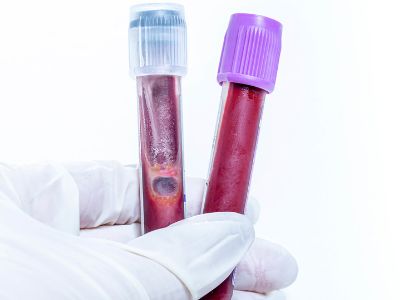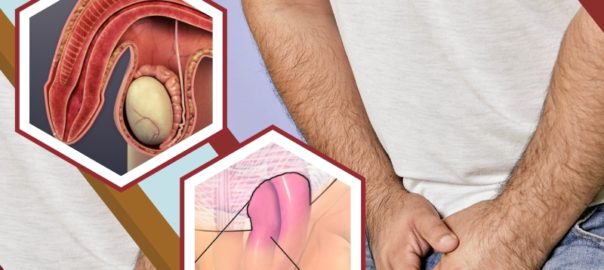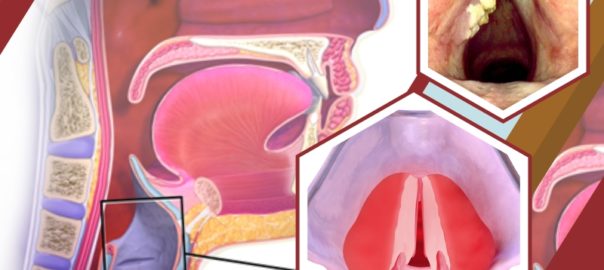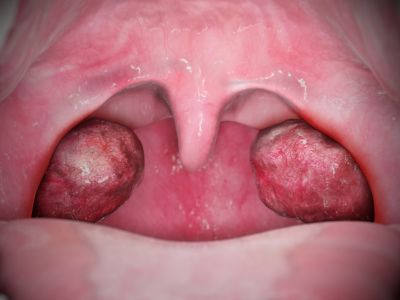Testicular pain can be caused by a sudden injury, inflammation, sexually transmitted infections, or an emergency condition known as testicular torsion. This condition affects males at any age. Testicular pain can affect one or both of the testicles.
Causes of Testicular Pain
- Epididymitis. It is an infection of the organ where sperm matures before exiting the body.
- Hernias. It occurs tissue pushes through a weak part of the abdominal muscles and can push into the scrotum, causing testicular pain and swelling.
- Testicular torsion. This condition is very common in young men. The pain usually starts gradually and may affect one or both of the testicles.
- Testicular tumor. A testicular tumor can cause pain and swell in the testicular area. Most of the symptoms of testicular tumors resemble other testicular conditions.
- Kidney stone. This condition causes pain that radiates in one or both testicles. This includes other symptoms such as bloody urine, nausea, and pain in the top of the penis.
- Orchitis. It is an infection that affects the testicles. Anyone who has symptoms of orchitis should seek immediate treatment. Symptoms of orchitis include fatigue, testicular pain, and fatigue.

How is Testicular Pain Diagnosed?
Your doctor will examine you standing up and lying down. Your doctor will assess when the pain started, how long it has lasted, how much it hurts, and where it hurts. Blood and urine tests can help to rule out infections as a possible cause. An ultrasound will be performed if a lump is found in your testicle. Upon receiving the results of the ultrasound scan, you will be referred to a urologist to have cancer removed.
How to Prevent Testicular Pain?
The underlying causes of testicle pain cannot always be prevented, but there are some steps you can take to reduce them. Prevention steps include:
- To avoid testicular injuries, wear an athletic supporter
- Use a condom during intercourse when practicing safe sex
- A monthly examination of the testicles should reveal any changes or lumps
- To prevent urinary tract infections, empty your bladder completely when you urinate
Treatment for Testicular Pain
Treatment for testicular pain involves home remedies, pain relievers, antibiotics, and tricyclic antidepressants. Note the treatment for testicular pain depends on the causes and severity of the condition. You can also apply ice to the affected area or try warm baths.
Tapentadol is also helpful for testicular pain treatment. It is used to treat moderate to severe pain. It works directly in the central nervous system and reduces feelings of pain by interrupting the way nerves signal pain between the brain and the body. Buy Tapentadol to treat severe pain. Ensure to seek advice from your doctor before using this medication.








